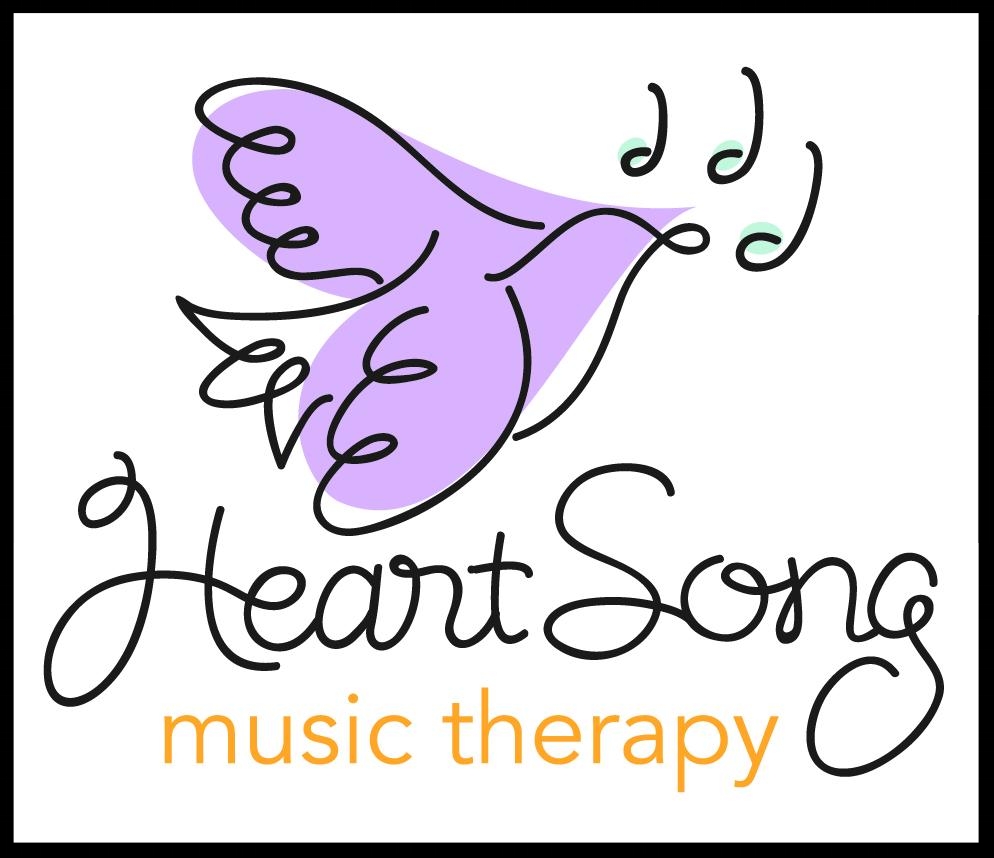"If you can't beat 'em, join 'em"
This quote came to mind yesterday as I was teaching a general music class to 20 something preschoolers. Although this is not music therapy, I still use my music therapist brain and skills set to assess every situation. Preschoolers LOVE to be silly. Give them a task and they will turn it into a raucous. It is hard sometimes to not want to fight against their silliness and bring more calm and quiet into the learning environment (which may be appropriate at times) but I have learned that the most effective way to move forward is to enter their world. I engage them and grab their attention the best when I speak their language. DUH. People can understand you better when you speak their language. I believe preschooler language is "SILLY". Through silly, I can achieve learning and growth for these precious babies. On a tangent, it is actually very special (though sometimes irritating in the moment) to be involved in a world where laughter is the minute-by-minute goal.
When I was in school and receiving training on Dance and Movement therapy, we watched videos of Dance and Movement therapists working with different populations. One population really stuck out to me: Autism. There was a video from the 80s or 90s of a therapist mirroring everything her client with autism was doing. It was incredible to see this young girl going from being in her own world to noticing the therapist with her to engaging with the therapist. This therapist went into the young girl's world and was able to connect by using the girl's language. Once they understood each other, the therapist was able to then bring the girl along to new places and ideas; hence, growth.
In the book, "The Whole-Brain Child:..." by Siegel and Bryson, they describe a strategy called "Connect and Redirect". They say, "When your child is upset, connect first emotionally, right brain to right brain. Then, once she is more in control and receptive, bring in the left-brain lessons and discipline". They are speaking about using "Connect and Redirect" in regards to when children are distressed, but I think it is a great principle for lots of situations... especially in therapy.
Music therapy is never working AGAINST people, it is always working WITH people. We are working on goals that are difficult and goals that are stretching people little by little but we always start where each person is physically, mentally, emotionally, socially, etc. We do initial assessments that give us an idea of where someone is and what goals we can move towards but constantly re-assess week by week and session by session to make sure we are still speaking our client's language during each meeting. This interaction builds trust between client and therapist that says, " You understand me and I feel safe following your direction".
The cool thing about music therapy is that music is known as "the universal language". It is a place where people can easily meet and connect. So on top of being able to speak my client's language, I can also introduce and utilize a language that we are both fluent in and use that language to connect and direct or redirect. This language can be used between therapist and client or between one client to another in group settings. So, to end this blog, I have updated the time-old quote. "Music: where you can BEAT 'em AND join 'em". Get it? Beat... like musical beat?? Ok, I'm done.
Miquel Garland, LPMT, MT-BC

